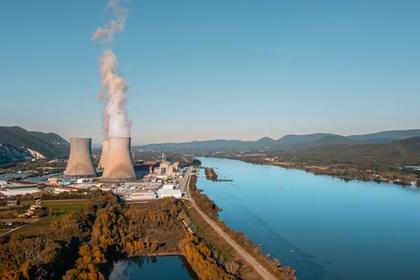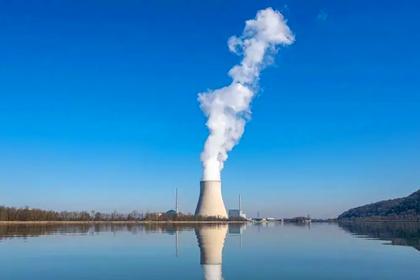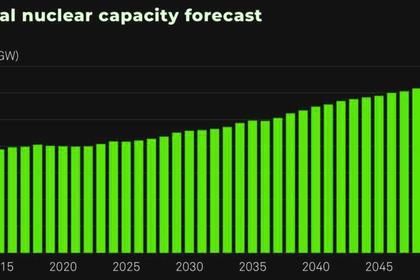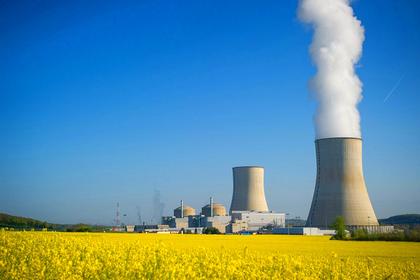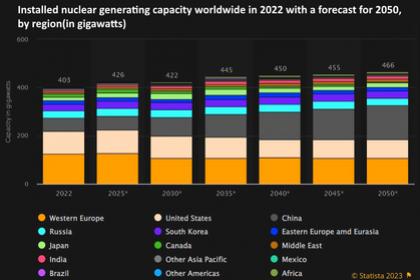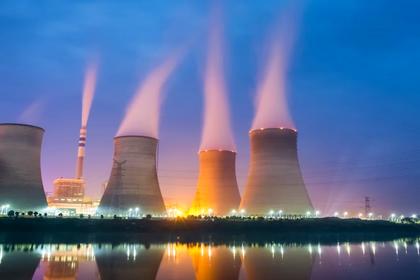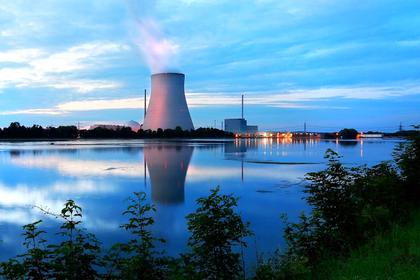
GLOBAL NUCLEAR CLIMATE RISKS
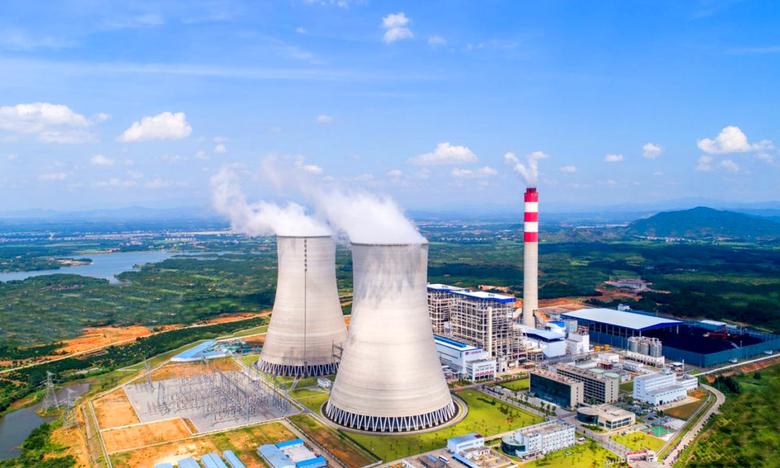
WNN - 12 April 2024 - The US Nuclear Regulatory Commission should address potential impacts of climate change–related hazards during the licensing process for nuclear power plants, the Government Accountability Office has recommended.
The Government Accountability Office (GAO) is an independent, nonpartisan agency that works for the US Congress and is responsible for investigating federal government expenditures. It was requested to review the climate resilience of energy infrastructure. Its report examines how climate change is expected to affect nuclear power plants and NRC actions to address risks to nuclear power plants from climate change.
"Climate change is expected to exacerbate natural hazards - including heat, drought, wildfires, flooding, hurricanes, and sea level rise," the GAO notes. "In addition, climate change may affect extreme cold weather events. Risks to nuclear power plants from these hazards include loss of offsite power, damage to systems and equipment, and diminished cooling capacity, potentially resulting in reduced operations or plant shutdowns."
In its new report, titled Nuclear power plants: NRC should take actions to fully consider the potential effects of climate change, the Government Accountability Office says that while the NRC addresses risks to the safety of nuclear power plants, including risks from natural hazards, in its licensing and oversight processes it does not fully consider potential climate change effects.
In compiling its report, the GAO looked at data and spoke to nuclear personnel from November 2022 to the present day. Sources included staff from the NRC, the Department of Energy, the Federal Energy Regulatory Commission, the National Oceanic and Atmospheric Administration, the Federal Emergency Management Agency and the US Forest Service. It also visited the Palo Verde nuclear power plant in Arizona and Turkey Point plant in Florida - plants that were selected on the basis of their exposure to a variety of natural hazards exacerbated by climate change - and interviewed staff.
The GAO obtained NRC data on the location of all 54 operating US nuclear power plants, as well as the 21 shut-down plants that have used nuclear fuel stored in fuel pools or in dry storage.
The report concludes: "Commercial nuclear power plants in the United States were licensed and built an average of 42 years ago, and weather patterns and climate-related risks to their safety and operations have changed since their construction. NRC has the opportunity to consider climate risks more fully and, in doing so, to better fulfill its mission to protect public health and safety."
GAO makes three recommendations to the NRC. Firstly, it should assess whether its licensing and oversight processes adequately address the potential for increased risks to nuclear power plants from climate change. Secondly, it should develop, finalise and implement a plan to address any gaps identified in its assessment of existing processes. Thirdly, it should develop and finalise guidance on incorporating climate projections data into relevant processes, including what sources of climate projections data to use and when and how to use climate projections data.
The NRC was provided with a draft report and responded with written comments for the GAO to incorporate in the final publication. The NRC said it is already implementing or planning to implement additional climate change–related review data in its processes.
The commission noted that the "layers of conservatism and defence-in-depth incorporated into the NRC's processes provide reasonable assurance regarding any plausible natural hazard ... including those that could result from climate change".
Last year, the UK's Office for Nuclear Regulation (ONR) asked site operators to complete a self-assessment questionnaire on their arrangements and resilience in relation to climate change effects. This stage aimed to understand the approach currently adopted by licensees for consideration of climate change in safety cases, including climate change projections used to define the design basis for external hazards affected by climate change. In March, it selected five sites to be taken forward to the inspection stage.
In February, ONR hosted a meeting with the French Nuclear Safety Authority (ASN), the Dutch Authority for Nuclear Safety and Radiation Protection (ANVS), and Belgium's Federal Agency for Nuclear Control (FANC) to discuss the implications of climate change on the nuclear sector.
-----
Earlier:
